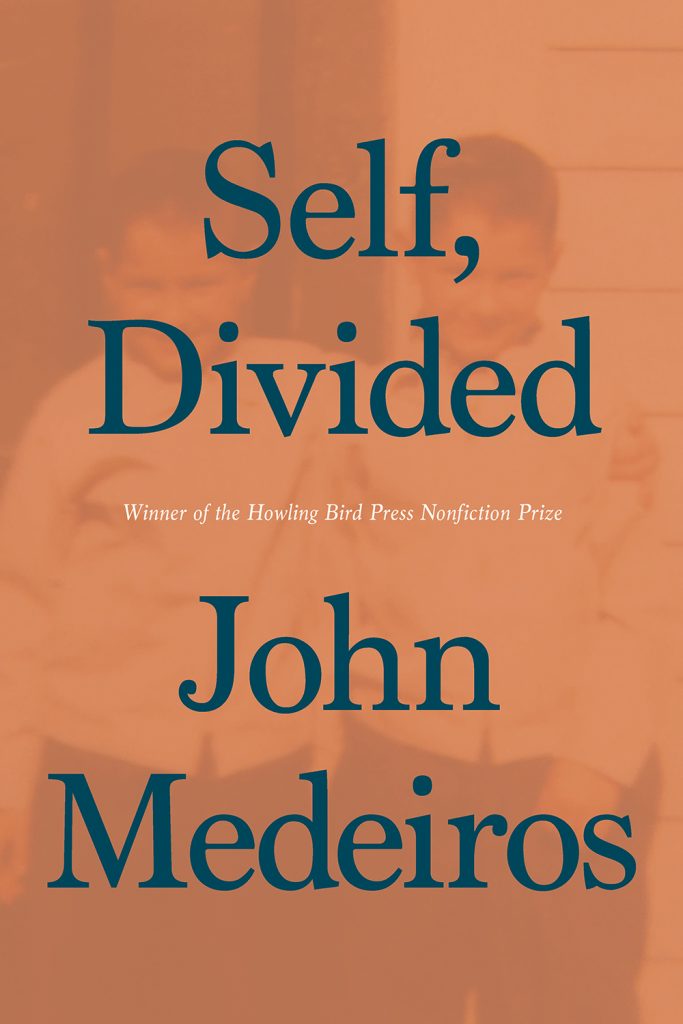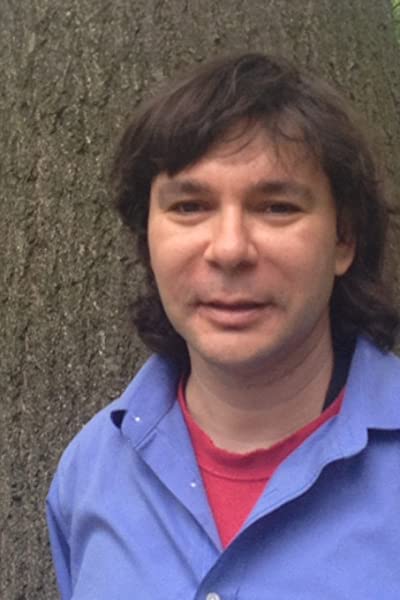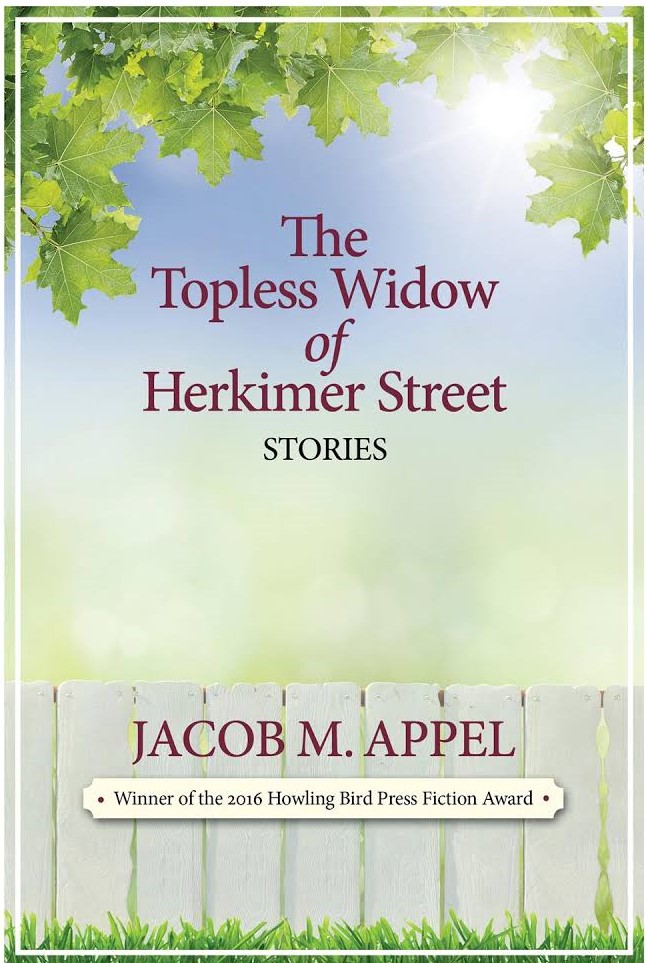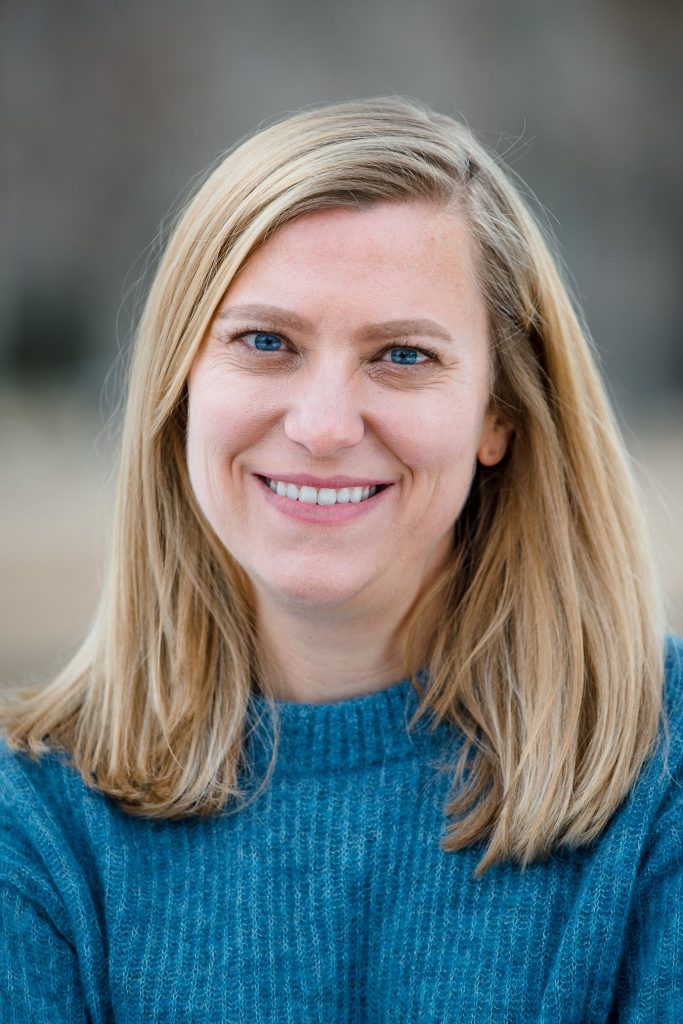
What is it about writing that energizes you?
I often say that I don’t like writing but I like having written. The actual writing is sometimes transcendent, sometimes painfully hard, and most of the time it’s just okay—like life, I suppose. But I just don’t feel right when I haven’t written. I am taken over by a general malaise. When I’ve written, I feel better. It’s the feeling of finally having your ears pop on the way down from the mountain after being at a higher altitude.
What are common traps for aspiring writers?
Well, I know one trap for me was thinking I had to make everything up. I thought that, in order for my writing to be worthy, everything in it had to be 100 percent invented, 100 percent original. I don’t believe that anymore. We just need to have an original voice. Basically, stop worrying so much about having something to say and figure out a way to say what you already know.
What is your writing Kryptonite?
Self-doubt. I can always think of a million reasons why my voice doesn’t matter. Ultimately, I have to do it for me and hope it matters to someone.
What other authors are you friends with, and how do they help you become a better writer?
Most of my author friends are people I met in my MFA program. Because we all came up in the program together and we’ve been pals for quite some time now, there’s no competition, just camaraderie. They are humans to me first, writers second. We exchange work but mostly we commiserate. The main thing I usually need is emotional support.
Do you want each of your books/stories to stand on their own, or are you trying to build a body of work with connections between them?
I’m trying to do both. I want each story to have its own legs, but I also want it to be able to get into that line and kick like the Rockettes along with all the other stories in my book. I’ve only written the one book, but I like to think that when I do have a body of work, all the books will echo off of each other.
Did publishing with Howling Bird Press change your process of writing?
I don’t think many writers get into the profession because they are really jazzed about marketing. Turns out writing a book and selling a book are two completely different animals. I am completely inept at the latter. And maybe the former, too, but shhhhhh. What publishing with Howling Bird Press taught me is that, although writing is, by nature, solitary, getting a book out into the world is very much a collaboration. I have depended so much on the expertise and hard work of the press. It’s such a relief to not have to go at it alone. It takes the pressure off and lets me focus on the actual writing.
What have you done since you won the Howling Bird Press prize?
Weathered a pandemic. Seriously, all of the events I had lined up were (rightly!) canceled. But that’s the case for every writer, every artist right now. It’s good, in a way. There’s only one thing to focus on: new work. And my day job. And taking care of two semi-feral kids.
As a writer, what would you choose as your mascot?
A house cat. Cats do not care what anyone thinks of them and they do what they want when they want. They start licking themselves in random places out of nowhere. They can be purring and rubbing up against your legs one minute and then clawing and biting your ankles the next. They cough up hairballs and don’t apologize! They find joy in the slightest wiggle of a string. They take lots of naps. And they are deeply weird.
How many unpublished and half-finished books/stories do you have?
Two half-finished books, I guess. But half-finished would be a generous assessment. One is a memoir and the other is a work of fiction. But lately, I’ve been sampling from one to use in the other, so maybe just one. Two disparate halves make a whole, right?
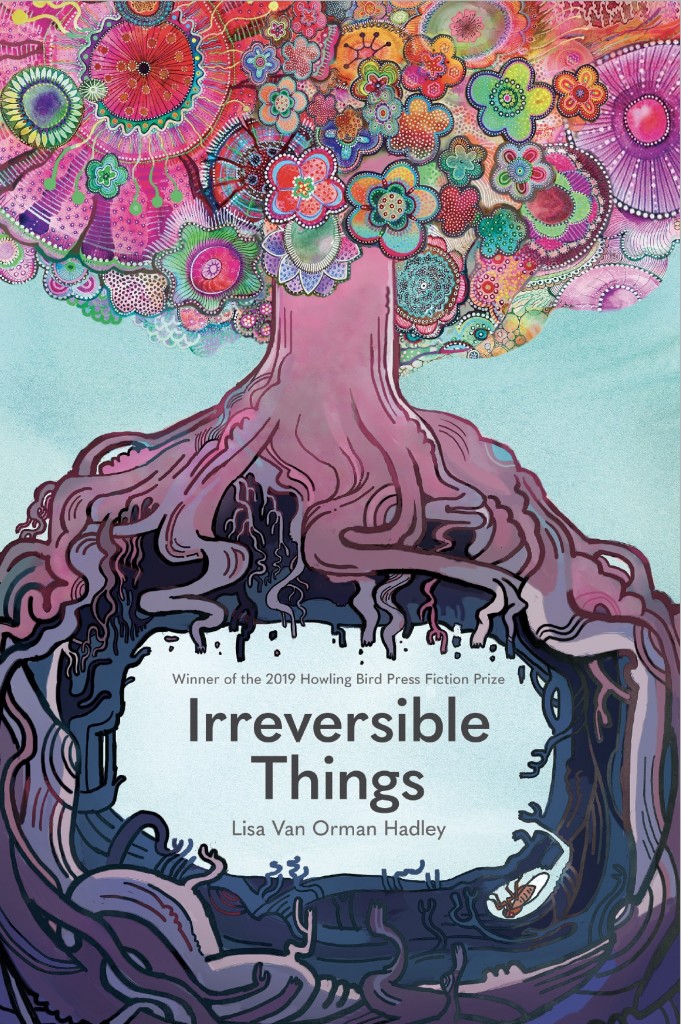
What kind of research do you do, and how long do you spend researching before beginning a book?
I mostly research random things that come up, like “What did the little adoption certificates that came with Cabbage Patch dolls say?” or “How would you drive to Graceland in the 1980s and how long would it take to get there?” I did a lot of research for the story “Irreversible Things”—which is based on a real murder that happened on the side of my house when I was seven—but I didn’t end up using much of it. Maybe a partial line from an article in the newspaper. The research was mostly because I wondered whether the way I remembered those events was accurate.
Do you read your book reviews? Why or why not?
I do because I can’t not look. I have to know what people are saying about me! I did have one friend forward me an email his mom wrote in response to my book and I gave it to another friend first so she could make sure there wasn’t anything in it that would break me (there wasn’t).
Do you hide any secrets in your books that only a few people will find?
Oh! I like this question. I guess the biggest secret of my book—the thing people are most curious about—is what is truth and what is fiction. Even my family members don’t always know the answer to that question. My lips are sealed.

